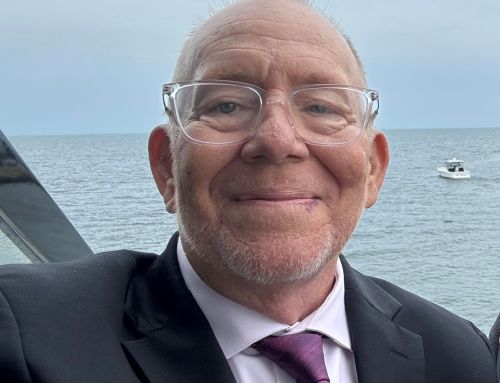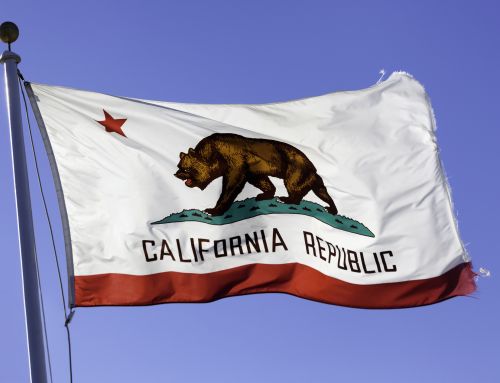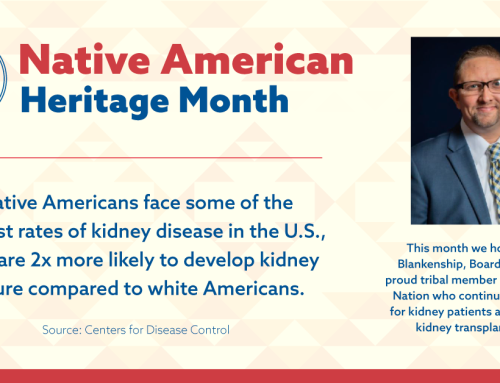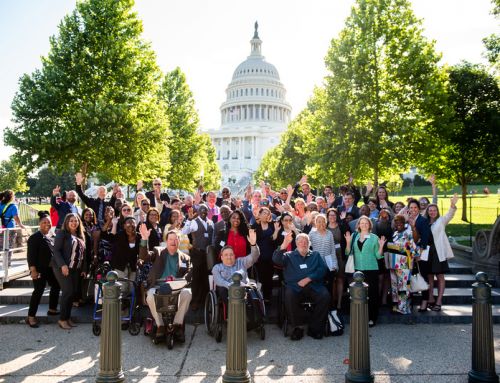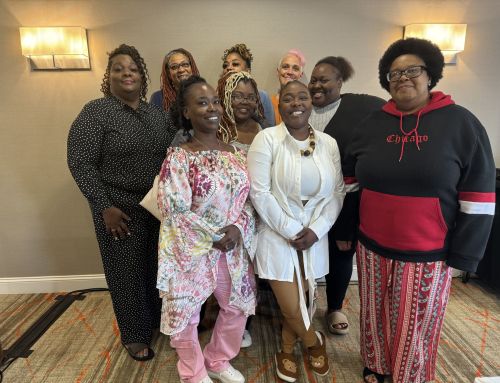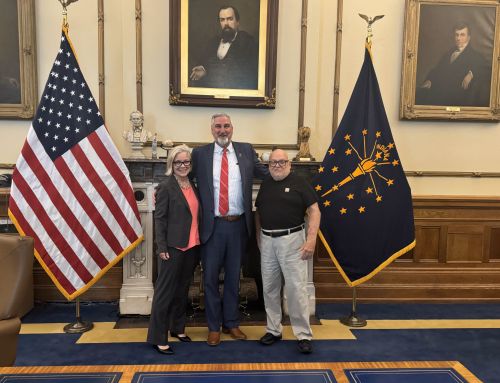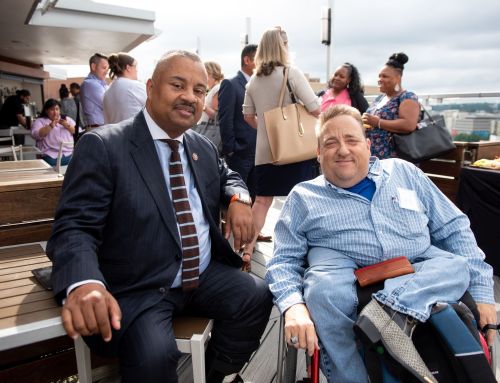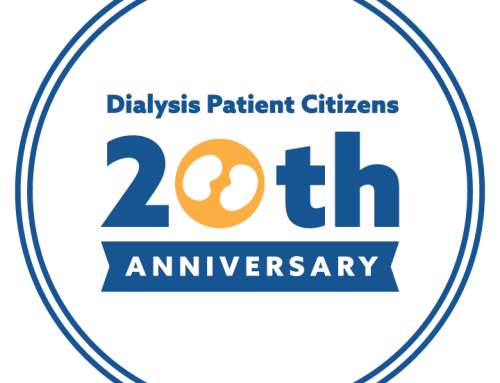Regence and Moda, two private insurance plans in Oregon, recently made changes to their 2016 plans that would negatively affect ESRD patients. Specifically, after three months of coverage, any out-of-pocket payments patients make for dialysis treatment will no longer count towards their out-of-pocket maximums. This appears to be an effort to pressure dialysis patients to drop their private coverage and enroll in Medicare. DPC’s letter to the Oregon Insurance Commissioner calls attention to this discriminatory move.
Medicare plans do not include an out-of-pocket maximum amount, while most private insurance plans do. Statistics also show that patients with Medicare plans are more likely to experience difficulty accessing health care and a limited amount of financial aid. We hope the insurance commissioner addresses our concerns as we continue to monitor this situation for any development.
Read the Letter Below:
Ms. Laura Cali, Insurance Commissioner
Department of Consumer & Business Services
Insurance Division
PO Box 14480
Salem, Oregon 97309-0405
Re: Discrimination against end-stage renal disease patients by Regence and Moda health plans
Dear Commissioner Cali:
As America’s largest patient-led organization, representing 28,000 dialysis patients and family members, Dialysis Patient Citizens (DPC) strives to improve the quality of life for all dialysis patients through education and advocacy. I am writing on behalf of Oregon’s 3,821 dialysis patients, asking that you ensure that they are treated equitably by the Regence and Moda health insurance plans. Regulatory filings by these issuers indicate that their 2016 plan designs are incentivizing disenrollment of end-stage renal disease (ESRD) patients in favor of enrolling in Medicare. The Department of Insurance needs to take action on these discriminatory plans before patients, and competing insurers who act properly, are harmed.
Dialysis treatment is an “essential health benefit” (EHB) under Oregon and federal law. While every person with ESRD becomes eligible for Medicare coverage, under the Social Security Act, ESRD patients are entitled to keep their group health insurance for 30 months before enrolling in Medicare. As such, the group health plans that become benchmarks for a state’s EHB—including the PacificSource Preferred CoDeduct Value plan that is Oregon’s benchmark—cover dialysis services, and their EHB benchmark designation extends this coverage mandate to the individual market.
The Social Security Act, and by extension, the Affordable Care Act, assures people whose kidneys fail that if they like their health plan they can keep it, at least for 30 months. Our surveys of dialysis patients find that they do like their private insurance plans. In our July 2015 survey of 650 patients we asked several questions from the Consumer Assessment of Health Plan Survey (CAHPS) to gauge relative satisfaction with their coverage. We found:
- 77 percent of patients rate their private health insurance as the “best health insurance plan possible,” compared to 71 percent for Medicare.
- Medicare beneficiaries are more than twice as likely as private health plan members (13% versus 5%) to report having trouble getting health care that they wanted or needed.
- Medicare beneficiaries are more likely than private health plan members to report difficulties in getting the specific medication they need, difficulty getting someone on the phone to answer questions, and delays in receiving care or treatment.
According the Bureau of Labor Statistics, the average private health insurance plan has an actuarial value of 88.9 percent, significantly higher than Medicare’s 80 percent. Health maintenance organizations—which are NOT available to ESRD patients through Medicare—have an average actuarial value of 91.8 percent. We further note that Medicare Savings Program assistance is not as generous to low-income patients as are subsidies in the exchanges for patients with income between 100% and 200% of the poverty line. For persons earning between $11,000 and $23,000 a year, the ACA guarantees that exchange health plans cover at least 87% of average medical expenses. Finally, under the ACA, private health insurance plans have out-of-pocket maximums; fee-for-service Medicare does not. It is crucial that dialysis patients retain equal access to private health insurance.
The Regence and Moda filings indicate that these issuers are attempting to steer patients into Medicare in contravention of their rights under the Social Security Act and their rights under state and federal law to be free from discrimination based upon their illness.
The Regence plan description states, at pages 11-12, that after three months from the onset of kidney failure, the plan will treat all dialysis therapy as out-of-network, paying providers as if the patient is a Medicare beneficiary, with the patient responsible for balances that “will not apply toward the Out-of-Pocket Maximum.” This is, on its face, a statement of an intention to offer an inadequate network as well as a discriminatory benefit design.
The Moda “large group handbook,” at page 176, states that “the Plan will not pay for any part of a covered expense to the extent [it] would have been paid under Medicare had the member properly enrolled in Medicare.” It further states that “members with ESRD should enroll in Medicare as soon as possible,” then suggesting that the company will reimburse members for their Medicare Part B premiums. This too is a prima facie indication of a discriminatory benefit design as it applies only to a category of persons eligible for Medicare solely due to illness.
We request that your agency take appropriate regulatory action at its earliest convenience.
Respectfully submitted,
Jackson Williams
Policy Director, Dialysis Patient Citizens and
NAIC Funded Consumer Representative








